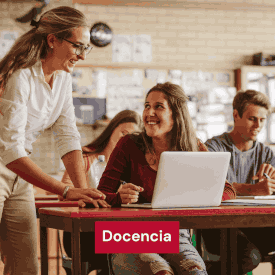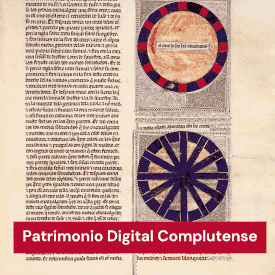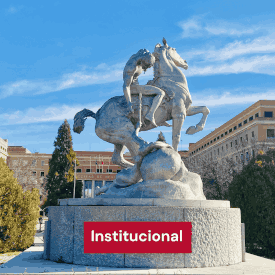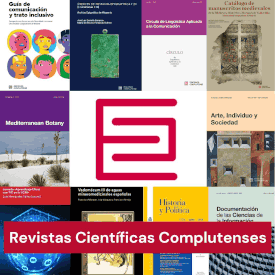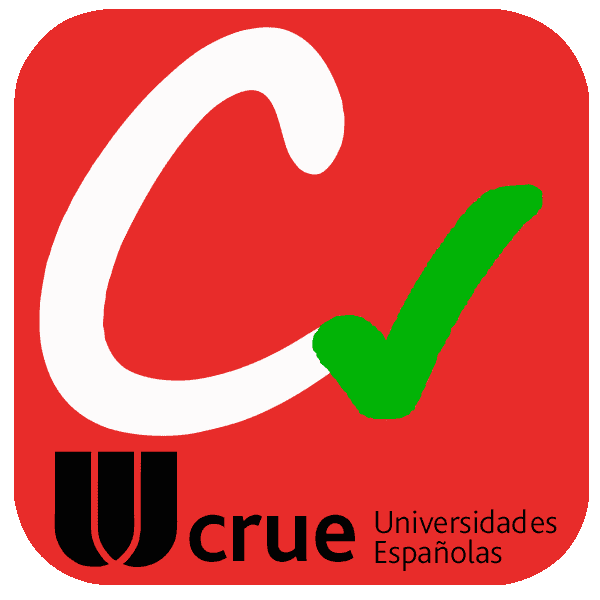Docta Complutense
Open Access Institutional Repository of the Complutense University of Madrid, that compiles scientific production to promote the visibility and impact of Complutense research.
With the collaboration of the Ministerio de Ciencia e Innovación and the Spanish Foundation for Science and Technology (FECYT).

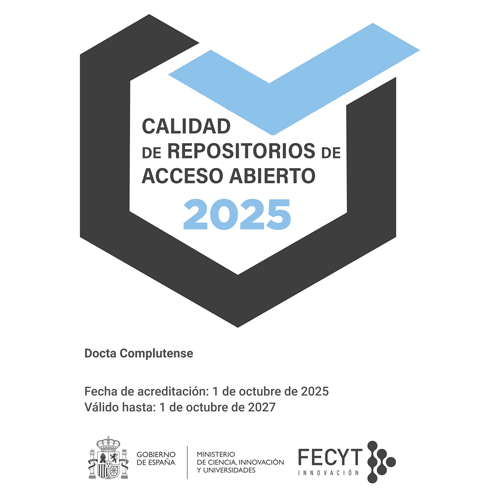
Recent Submissions
Black hole thermodynamics probes the equivalence principle
(International Journal of Modern Physics D, 2025) Alonso Serrano, Ana; Garay Elizondo, Luis Javier; Liška, Marek
The equivalence principle for test gravitational physics strongly constrains dynamics of spacetime, providing a powerful criterion for selecting candidate theories of gravity. However, checking its validity for a particular theory is often a very difficult task. We devise here a simple theoretical criterion for identifying equivalence principle violations in black hole thermodynamics. By employing this criterion, we prove that Lanczos-Lovelock gravity violates the strong equivalence principle, leaving general relativity as the only local, diffeomorphism-invariant theory compatible with it. However, we also show that certain nonlocal expressions for black hole entropy appear to obey the strong equivalence principle.
Dark energy with a shift-symmetric scalar field: Obstacles, loophole hunting and dead ends
(Physics of the Dark Universe, 2024) Borislavov Vasilev, Teodor; Bouhmadi-López, Mariam; Martín Moruno, María Del Prado
We discuss the possibility of a scalar field being the fundamental description of dark energy. We focus on shift-symmetric scalar-tensor theories since this symmetry potentially avoids some fine-tuning problems. We also restrict attention to theories satisfying that the propagation speed of gravitational waves is equal to the speed of light. These considerations lead us to investigate shift-symmetric Kinetic Gravity Braiding theories. Analysing the stability of scalar linear perturbations, we discuss the conditions that seems to be necessary to describe (super) accelerated cosmic expansion without introducing instabilities. However, it has been previously established that the linearised analysis does not guarantee the stability of this non-canonical scalar theory, as potentially dangerous interactions between dark energy fluctuations and tensor perturbations (essentially gravitational waves) appear at a higher order in perturbation theory. Indeed, although we shall point out that the standard proof of absence of dark energy stable braiding models due to this interaction has a possible way-out, we find general arguments suggesting that there are no dark energy stable solutions that can exploit this loophole. Thus, we discuss future research directions for finding viable fundamental descriptions of dark energy. We also provide a dictionary between the covariant version of the theory and that of the Effective Field Theory approach, explicitly computing the parameters in the latter formalism in terms of the functions appearing in the covariant version, and its derivatives. To the best of our knowledge, this is the first time these expressions are explicitly obtained up-to arbitrary order in perturbation theory.



